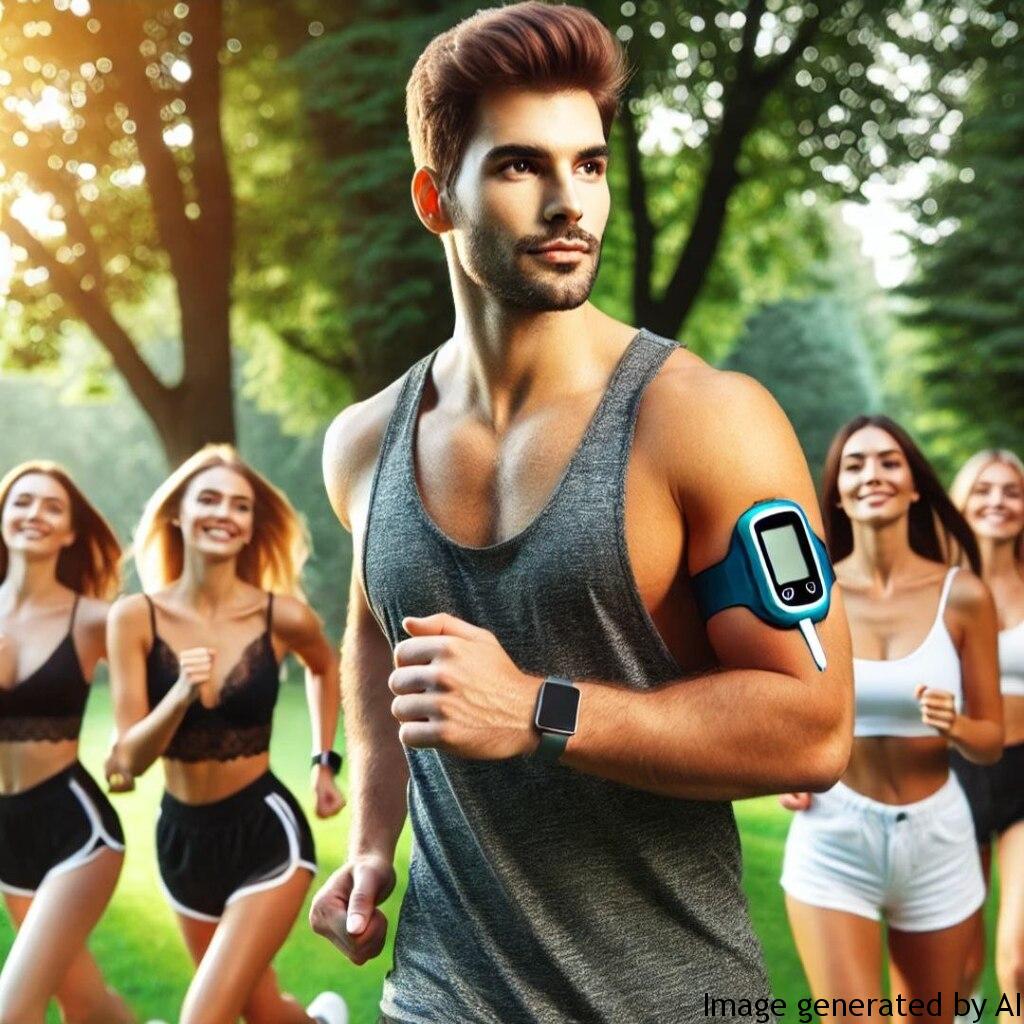Introduction
Diabetes is a chronic illness that affects millions of lives worldwide and not only impacts general well-being but also disrupts sexual health and quality of life. Particularly for men, having diabetes can lead to sexual dysfunctions, including erectile dysfunctions, ejaculation problems and problems with sexual desire. These problems can be further exacerbated by the psychological burden and societal expectations surrounding male performance. Understanding the interplay between diabetes, sexual health, and societal norms can provide a pathway to recovery and improved quality of life.
Description of Gender Expectations and Their Impact on Men’s Mental Health
Across many cultures, there is societal pressure on men to be physically strong, virile, and sexually active. Failure to fulfil this expectation can sometimes lead to feelings of inadequacy or inferiority, contributing to declining mental health and well-being.
Erectile Dysfunction
One of the main conditions men with diabetes face is erectile dysfunction (ED), which is an inability to have or maintain an erection. This can significantly impact a man’s psychological health, potentially leading to anxiety, depression, low self-esteem, and relationship difficulties. Additionally, societal expectations of ‘male performance’ can add further stress, exacerbating the psychological impact.
Libido
Diabetes can lead to a decrease in libido or sexual desire, which can be distressing for some men who feel they are not conforming to societal expectations. This can lead to a sense of failure, causing distress and potential mental health issues.
Examples of How Gender Roles Can Impact Men’s Lives
Gender roles can significantly impact how a man perceives his value and identity. For example, those dealing with sexual dysfunction due to diabetes can feel they are not fulfilling their roles as men, leading to feelings of frustration, embarrassment, and isolation. Social stigma may lead to avoidance of discussing their issues with health care providers or partners, furthering psychological distress and inhibiting treatment and recovery.
Tips to Improve Psychological Health Considering Gender Roles
It’s essential to challenge the societal norms and perspectives that compound the stress of sexual dysfunctions. Men should be encouraged to open up about their experiences and seek medical help without fear of judgment or embarrassment.
Psychological and couples counselling can help deal with the emotional effects of diabetes. Regular physical activity and maintaining a healthy diet can also help in controlling diabetes and improving sexual function. Health care professionals should approach these matters with sensitivity and understanding to help alleviate anxiety and make the path to recovery more accessible.
Conclusion
The intersection of diabetes’ impact on sexual function, societal expectations, and psychological health is a complicated one that needs the consideration of multiple factors. It’s vital that men feel confident in seeking help and discussing these issues openly. Challenging stigma, providing safe spaces for conversation, and creating tailored recovery plans that encompass both physical and mental health are the keys to improving quality of life and helping men with diabetes navigate their sexual health challenges.

